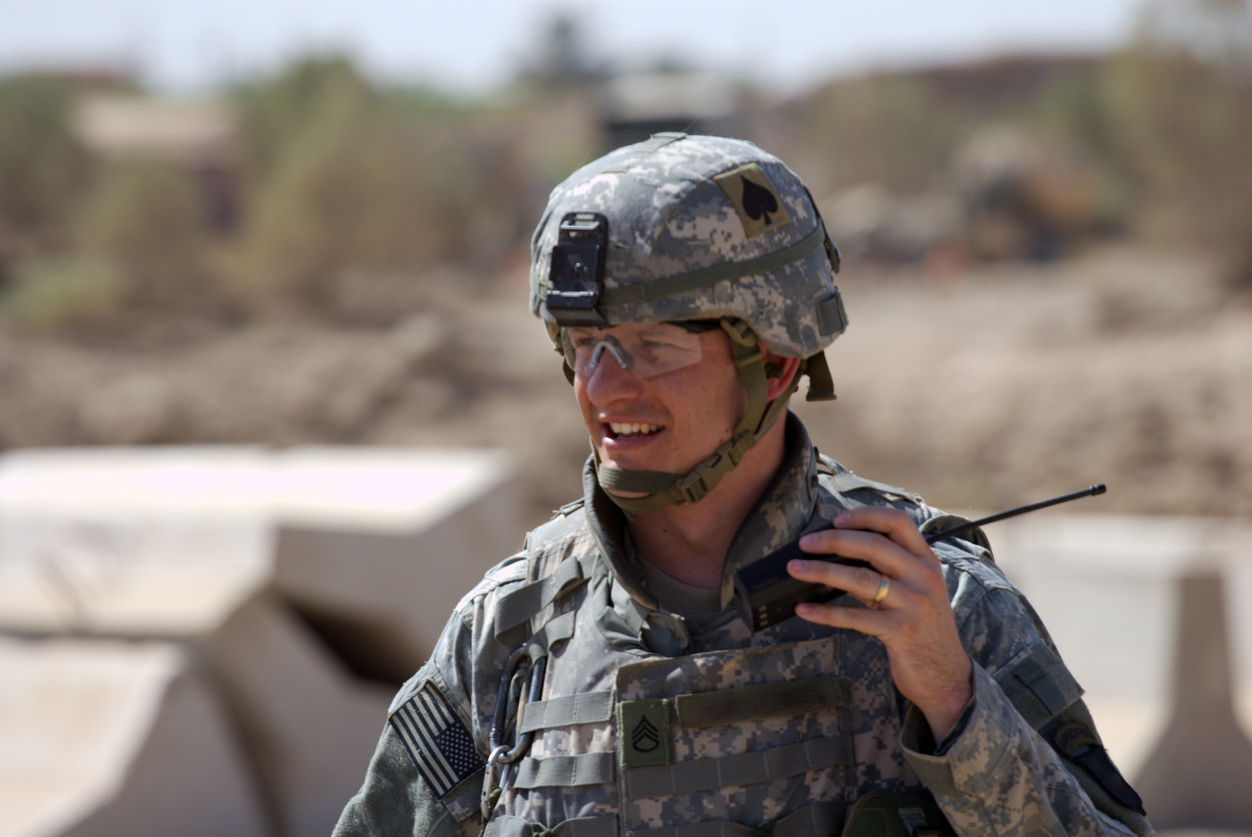Injuries or illnesses sustained as a consequence of negligence within the military can have a devastating impact for you and your family. Aside from combat situations those in the military have a right to be protected from road traffic accidents, training injuries, harm caused by defective equipment, exposure to extreme weather conditions, medical negligence and chronic fatigue.
You don’t have to bring your military injury claim under the AFCS. You are perfectly eligible to bring a personal injury claim outside of that.
A benefit of this, is that there is no cap on compensation. Claims brought under the AFCS are limited in the amount compensation that can be paid out. To learn more about our personal injury claims process regarding military injuries, please read below in the FAQs.
Our personal injury solicitors have helped many individuals who have sustained all manner of injuries, from small to serious and catastrophic. We recognise it’s not just about compensation – it’s also about a journey back to life before injury, and minimising the impact on family and daily routine.
Or request a call back if you’d like one of our no-win, no-fee experts to call you

We are usually able to offer no win, no fee agreements (also known as Conditional Fee Arrangements (CFAs)) to our personal injury clients. In ‘no win, no fee’ agreements there are no up-front costs for you and if you don’t win, we don’t get paid.
To learn more about funding your personal injury claim click here >
If the Ministry of Defence fails to keep you safe and protect you properly during your military service, you could be at risk of sustaining one of the following injuries:
Unfortunately training for the military can cause injury. There may be instances (especially during what is known as “adventurous” training) where a situation isn’t properly assessed for risk, or equipment is faulty, or an accident happens beyond your control. These might include injuries sustained while climbing, rafting, skiing or even parachuting.
Parachuting is an essential part of military training. If precautions aren’t taken beforehand, there is a high risk of injury that could be life-changing, or even fatal.
If you’ve been injured as a result of your military training, please don’t hesitate to get in touch with our personal injury experts today.
Non-freezing cold injury (NFCI) is where damage occurs to body tissue as a result of being frequently exposed to low temperatures, but not quite freezing. This would also include being submerged in cold but not freezing water (known as a cold water immersion injury). NFCI includes conditions such as chilblains or trench foot.
This injury can be life-changing for someone. Depending on the activity carried out, any part of the body could be susceptible to a non-freezing cold injury.
If you’re serving in the Royal Navy, you may be in close contact with potentially hazardous equipment. You may also be at risk of developing water-based injuries and other injuries from your military training.
Serving in the RAF, like every other element of the military, poses risk of injury. In addition to training injuries (including adventurous training), people serving in the RAF may sustain injuries in aircraft workshops, on aircraft hangars, or whilst flying in the air due to faulty equipment.
If you are serving in the military and you are injured during combat by the enemy, liability cannot be placed with the MoD. Although in some instances, whether the “combat” was caused by the enemy can be difficult to ascertain, especially if a unit were travelling to a training exercise with combative equipment about their persons.
As such, we recommend you get in touch with us as soon as possible, as we will need to discuss whether you can make a claim.
Get in touch with our no win, no fee military injuries solicitors today
If you need to talk to someone straight away you can call us for free on 0808 164 0808
Complete our form for a callback as soon as possible
In general you have three years from the date of injury or reasonable knowledge of injury to bring a compensation claim. There are some exceptions to this rule for instance where the matter involves a child in which case the child has three years from the date of their 18th birthday to bring a claim, therefore expiring on the individual’s 21st birthday.
It is important to speak to a legal team as early as possible to avoid any issues with limitation dates.